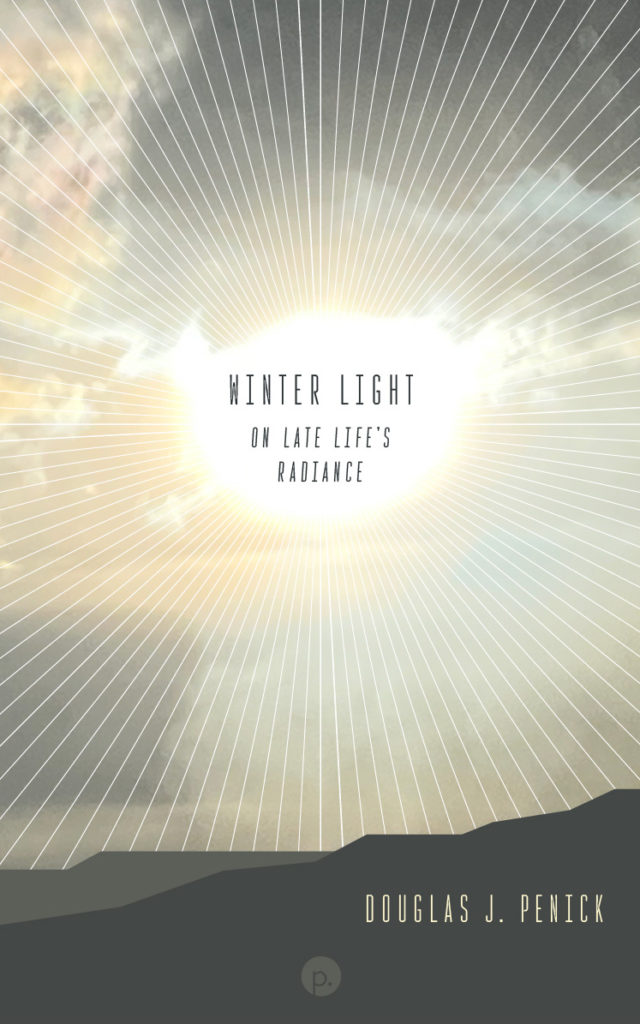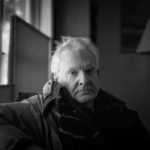In the contemporary West, the elderly are regarded as somehow “other,” no longer who they used to be, no longer full members of the worlds they once inhabited. Being old is seen as a medical management issue. But old age is not a defective version of what preceded it; it is—like childhood, adolescence, and middle age—its own time of life with its own challenges and gifts. It is an unexpected experience and largely unknown terrain. Winter Light: On Late Life’s Radiance is an exploration of old age as a time when sudden and uncontrollable losses reveal and clarify patterns of existence formerly obscured. In this context, Penick tells of the lives of artists, musicians, and others who, in old age, changed radically through visionary modes of experience that otherwise would not have been possible.
Near the end of their lives, Titian, Michelangelo, Beethoven, Rabindranath Tagore, Jean Rhys, Andrea Palladio, Paul Cézanne, Leoš Janáček, Igor Stravinsky, and others found unforeseen paths and articulated subtleties and beauties never before encountered. Their visions are now woven into our culture and the stories of their lives are signposts for us. As Thoreau once said: “Not ’til we are lost… not ’til we have lost the world, do we begin to find ourselves and realize where we are and the infinite extent of our relations.”
In five essays, concerned respectively with body, connection, pattern, loss, and vision, Winter Light explores irretrievable losses and dawning possibilities. Penick gives voice to aspects of the inner life that in old age unfold with unanticipated depth, breadth, strangeness, and light.
Reviews
- Peter Huitson, Review of Winter Light, Beshara Magazine, June 27, 2025



2 thoughts on “Winter Light: On Late Life’s Radiance”
Comments are closed.